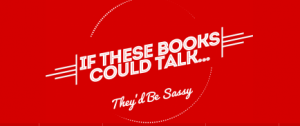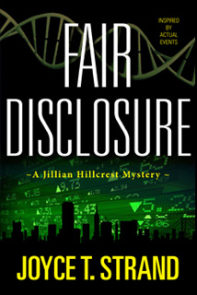[This short article originally appeared on If These Books Could Talk Blog. ]
I’ve been married with children for my entire adult life, so, technically, I don’t know anything about sex. (Or, perhaps, birth control….) It’s true, I’ve had two different husbands, but I think it’s fair to say that I fall under the vanilla category.
As smooth, satisfying, and delicious as vanilla is, sometimes, as an author, I need something more tangerine, or more pungent. Luckily I have a good imagination, and a husband who’s willing to experiment with me. In the name of art, of course.
Broken, set in occupied Paris from 1939-1942, is the story of a fallen angel who struggles to save her friends and lovers as the Nazis exert ever more lethal control over the city. The angel Alia falls from heaven because of a personal loss which shocks her out of unity thinking. As soon as she falls, she is beset with sensual desire, with temptation, with the lust that is embedded in flesh. She throws herself into the cornucopia of carnal delights offered by Paris on the eve of the second world war. Paris in 1938-1939 was a feast of entertainment, parties, and revelry, with many intellectuals, writers, and artists openly living a licentious lifestyle.
But I imagined that Alia didn’t start out completely human. Broken is also the story of her journey into her own humanity. So the sex scenes in this novel document her incarnation. They aren’t just gratuitous titillation. Alia begins the novel with a free-wheeling, casual attitude about sex and lovers because she hasn’t yet fully identified with her body. It’s a plaything for her, it’s not herself. So I thought of these early sex scenes in the vein of sex-as-frivolous-fun.
Sex changes as she begins to care for the bullfighter Pedro and the musician-mathematician Josef. Her heart is part of her body, too—her heart goes along with what her body embraces.
Alia also has a horrifying experience of sex used against her. She is manipulated into gratifying a Gestapo agent, and it sickens her. But sex as a power play is part of the human condition, so as an author, I chose to include it.
Finally she comes to be a partner with one man, and she experiences deep intimacy with him. The eroticism they share ripens. It’s based on a heart-connection as well as sensual pleasure. It’s not just about ecstasy anymore, it’s also about love; Alia has become fully human, fully identified with her physical being. She has experienced the full range of sexuality as she has evolved into the woman who would make the ultimate sacrifice for her beloveds.







